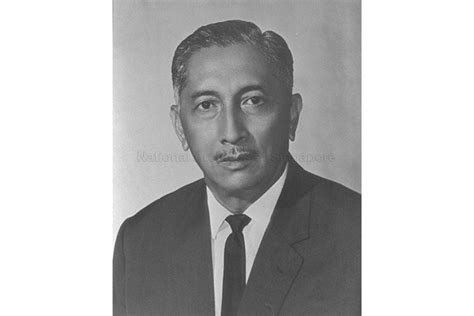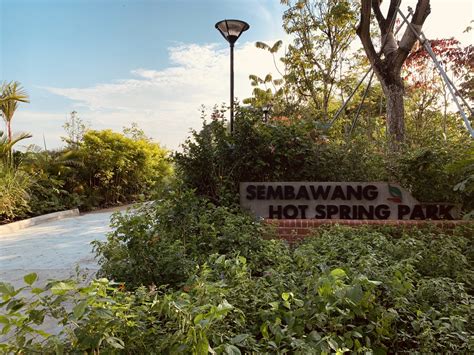1. Xi Jinping: China’s Paramount Leader since 2013
Xi Jinping became China’s paramount leader in 2013, assuming the roles of General Secretary of the Communist Party of China (CPC), President of the People’s Republic of China, and Chairman of the Central Military Commission.

2. Vision for China’s Future: “Modern Socialist Country” by 2049
Xi Jinping has outlined an ambitious vision for China to become a “modern socialist country” by 2049, marking the 100th anniversary of the People’s Republic of China. Key elements of this vision include:
- Moderate prosperity for all by 2021
- Socialist modernization by 2035
- National rejuvenation by 2049
3. Economic Reforms: “Dual Circulation” and “Common Prosperity”
Xi Jinping has introduced significant economic reforms aimed at promoting sustainable growth and reducing income inequality. Key measures include:
- Dual circulation strategy: Focusing on both domestic and international markets
- Common prosperity: Reducing wealth disparities and improving social welfare
- Belt and Road Initiative: Promoting infrastructure connectivity and trade
4. Political Consolidation: Strengthening the CPC’s Authority
Xi Jinping has strengthened the CPC’s authority and control over all aspects of Chinese society. Key initiatives include:
- Anti-corruption campaign: Targeting both high-level and low-level corruption
- Tightened control over media and internet: Limiting freedom of speech and dissent
- Increased surveillance: Expanding the use of technology to monitor citizens
5. Foreign Policy: “Wolf Warrior” Diplomacy and Assertive Stance
Xi Jinping’s foreign policy has been characterized by a more assertive stance, known as “Wolf Warrior” diplomacy. Key elements include:
- Challenging US dominance: Competing for influence in Asia-Pacific and beyond
- Expanding territorial claims: In the South China Sea, East China Sea, and elsewhere
- Promoting China’s values and model of governance
6. Environmental Sustainability: “Ecological Civilization”
Xi Jinping has emphasized the importance of environmental protection and sustainable development, advocating for an “ecological civilization.” Key initiatives include:
- Emissions reduction targets: Aiming to reach carbon neutrality by 2060
- Investment in renewable energy: Promoting solar, wind, and hydropower
- Protection of biodiversity: Establishing new nature reserves and combating illegal wildlife trade
7. Technological Innovation: “Made in China 2025”
Xi Jinping has prioritized technological innovation as a key driver of economic growth and competitiveness. Key policies include:
- Made in China 2025: Upgrading manufacturing capabilities and reducing reliance on imports
- Investment in research and development: Establishing new research universities and funding startups
- Support for emerging technologies: Artificial intelligence, blockchain, and quantum computing
8. Reform of the Military: “Modernization and World-Class Forces”
Xi Jinping has overhauled China’s military, aiming to make it a “world-class force.” Key initiatives include:
- Modernization of equipment and weaponry: Acquiring advanced fighter jets, drones, and submarines
- Reform of training and recruitment: Improving professionalization and attracting top talent
- Expansion of overseas military presence: Establishing bases in Djibouti and elsewhere
9. Social Transformation: “Shared Values” and “Socialist Morality”
Xi Jinping has promoted a conservative social agenda, emphasizing “shared values” and “socialist morality.” Key initiatives include:
- Education reform: Instilling patriotism and loyalty to the CPC
- Family values: Encouraging traditional family structures and reducing divorce rates
- Religious control: Restricting religious practices and suppressing religious groups
10. Global Impact: China’s Growing Influence
Xi Jinping’s leadership has had a significant impact on the global stage, increasing China’s economic power and diplomatic clout. Key developments include:
- Increased economic ties: Expanding trade and investment around the world
- Political partnerships: Strengthening alliances with Russia and other countries
- Global governance: Playing a more active role in international organizations, such as the United Nations
- Challenges to Western hegemony: Competing for influence in international institutions and shaping the global agenda
















